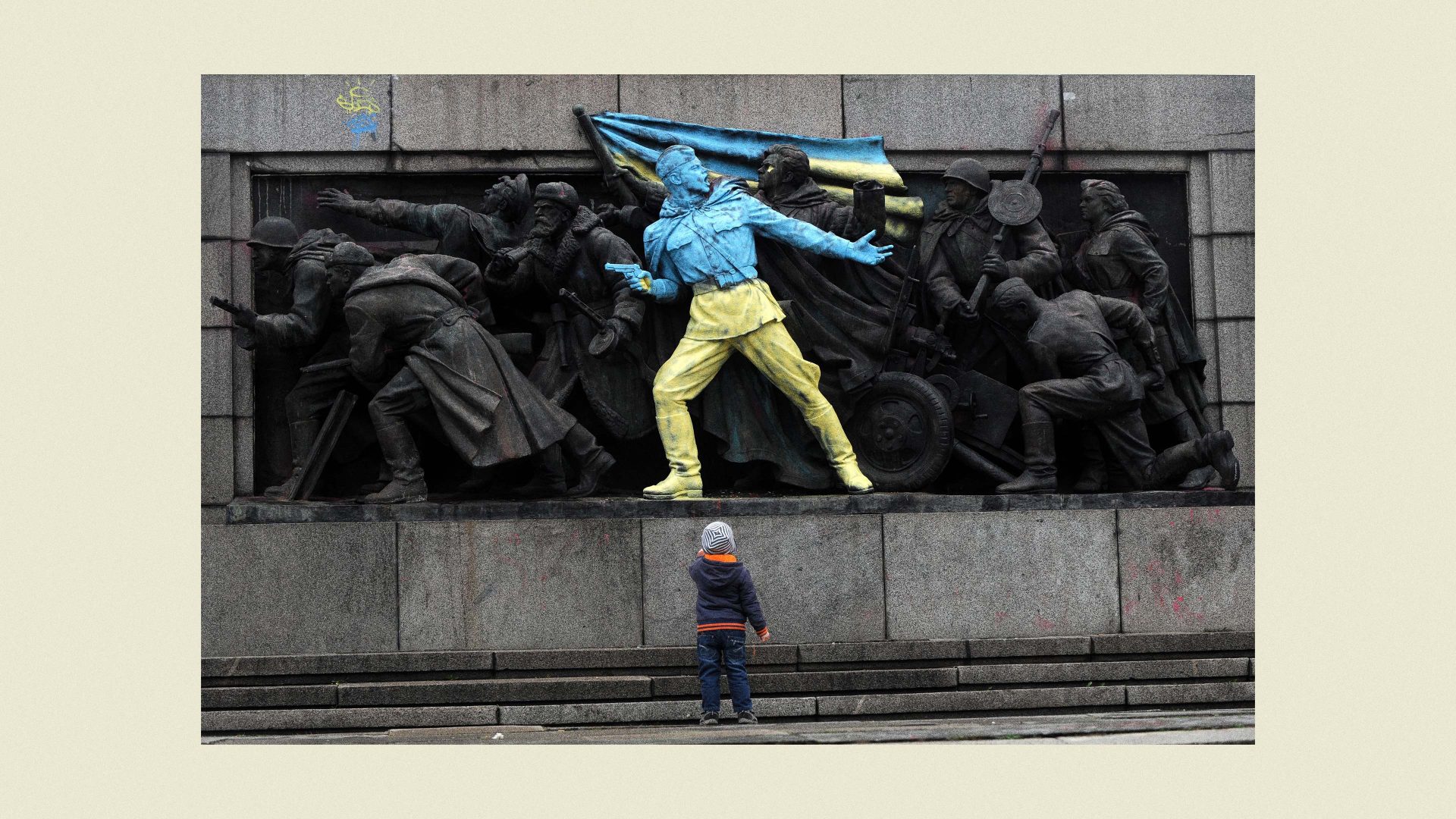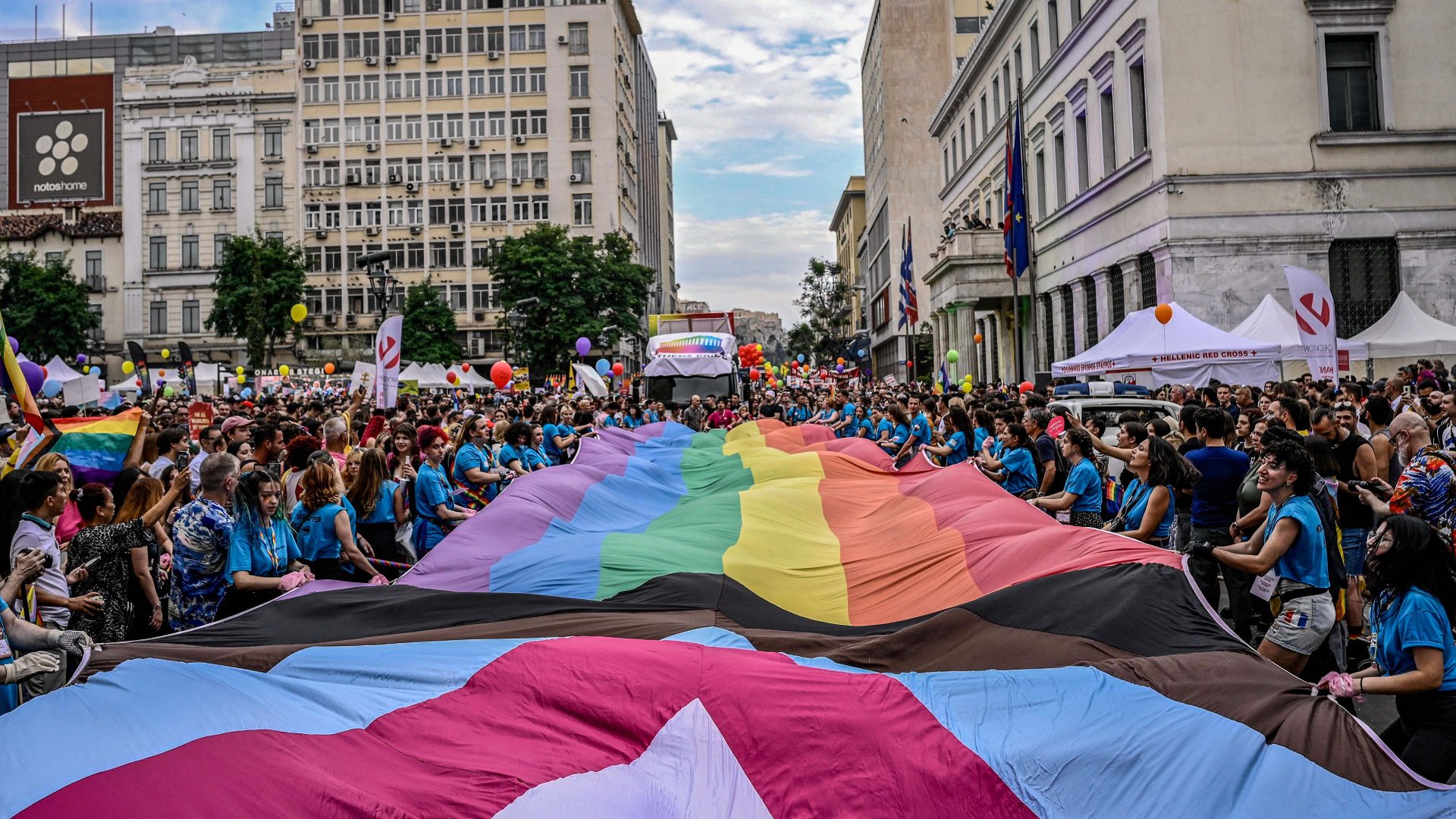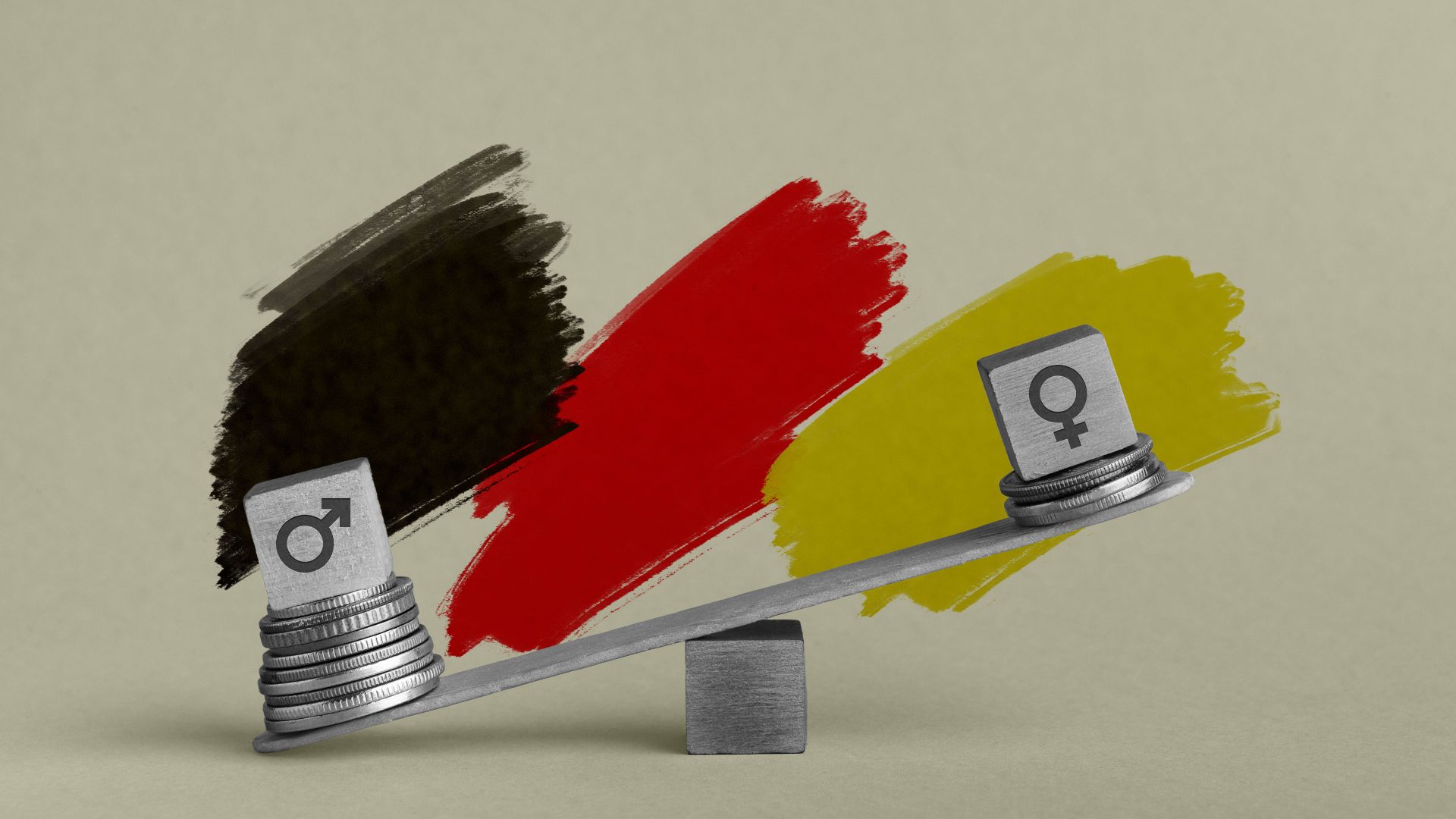Three kilometres outside the regional town of Kyustendil travelling on the E871 highway from Sofia, I made a sharp right turn and was greeted by a signpost on a public road that said, “Entry strictly prohibited.”
The area, deep in south-west Bulgaria and less than 200km from the border with North Macedonia, is a place of rough shrubs and high trees, bright green after heavy rain. Cherry trees grow in abundance in these parts – cherry jam is a major export.
I turn right again and meet a roadblock. A sentry jumps out of his cabin. He stands by a bar across the road. Smartly dressed in a light blue uniform and a beret, the young man has two large machine guns strapped to his body lengthwise, so together, they reach from the ground to his head. The sight of the weapons is startling. There is no question of passing the checkpoint.
A hundred metres ahead, a high wire fence with floodlights rears up over the compound. The fence surrounds three brick structures, parallel to each other, resembling houses with sloping roofs and smallish windows sunk slightly into a stone foundation.
My guide tells me these warehouses were once used by the state road construction company to store explosives for clearing obstacles and that it is strategically placed in a valley between hills, to contain the shock of an unexpected explosion.
The road construction company moved out in 2014 and a private company called Aheloy OPM has moved in. Local people are puzzled about what happens beyond the wire. Ruska Krasteva, the mayor of the neighbouring village of Dvorishte, suggests nervously, that Aheloy could be engaged in “military” work. Its employees were secretive and cold towards the local community, she said. Mariana Alexandrova, mayor of Konyavo, another nearby village, knew only that Aheloy’s people. “kept themselves to themselves.”
A former Aheloy employee, Hristo Iliev, who now owns a shooting range in Kyustendil, was able to shed more light. “They import weapons, then repackage them with Bulgarian papers and they export them where they can find a market. They started importing from the former republics of the Soviet Union and now they import arms from Serbia and North Macedonia.”
One of Aheloy’s global markets for its weapons was revealed back in 2016 when a video appeared showing boxes of arms bearing the Aheloy name being unloaded from a plane at a Saudi Arabian airport. A Bulgarian colonel told Bulgarian TV that Aheloy was exporting arms to moderate groups in the Middle East who were engaged in the Syrian war against the Assad regime. Aheloy’s turnover peaked at €70m when the Syrian war was raging in 2018. Today it stands closer to €5m.
Bulgaria’s history of making and trading weapons dates back to Soviet days when myriad small companies sprang up to supply Russia and its allies with small arms. They were so successful that Bulgarian Kalashnikov rifles were rumoured to be superior to those made in Russia.
With the region’s changing political alliances, this has all changed. Now the country exports ammunition, mortars and mines among with other weaponry to Kyiv and western countries. “Production lines are working overtime, day and night, to meet Kyiv’s needs,” according to Boyko Noev, a former Bulgarian defence minister.
Over the last decade, Russia has sent its agents into Bulgaria on 10 separate occasions to attack weapons facilities. The highest profile of these attacks was the unsuccessful poisoning of Emilian Gebrev, the owner of Emco, Bulgaria’s largest arms maker, with Novichok, in 2015.
Given this record, it is no surprise that Aheloy’s owner Boris Redanski applied to the Bulgarian State Agency for National Security (Dans) for official protection in January this year.
If the sentry at the gate of Aheloy’s plant deep in the Bulgarian countryside is not enough to deter Putin’s goons, they now have the Bulgarian security service to deal with.
Nick Kochan is a financial and political journalist based in London. He has written extensively on financial and white-collar crime



